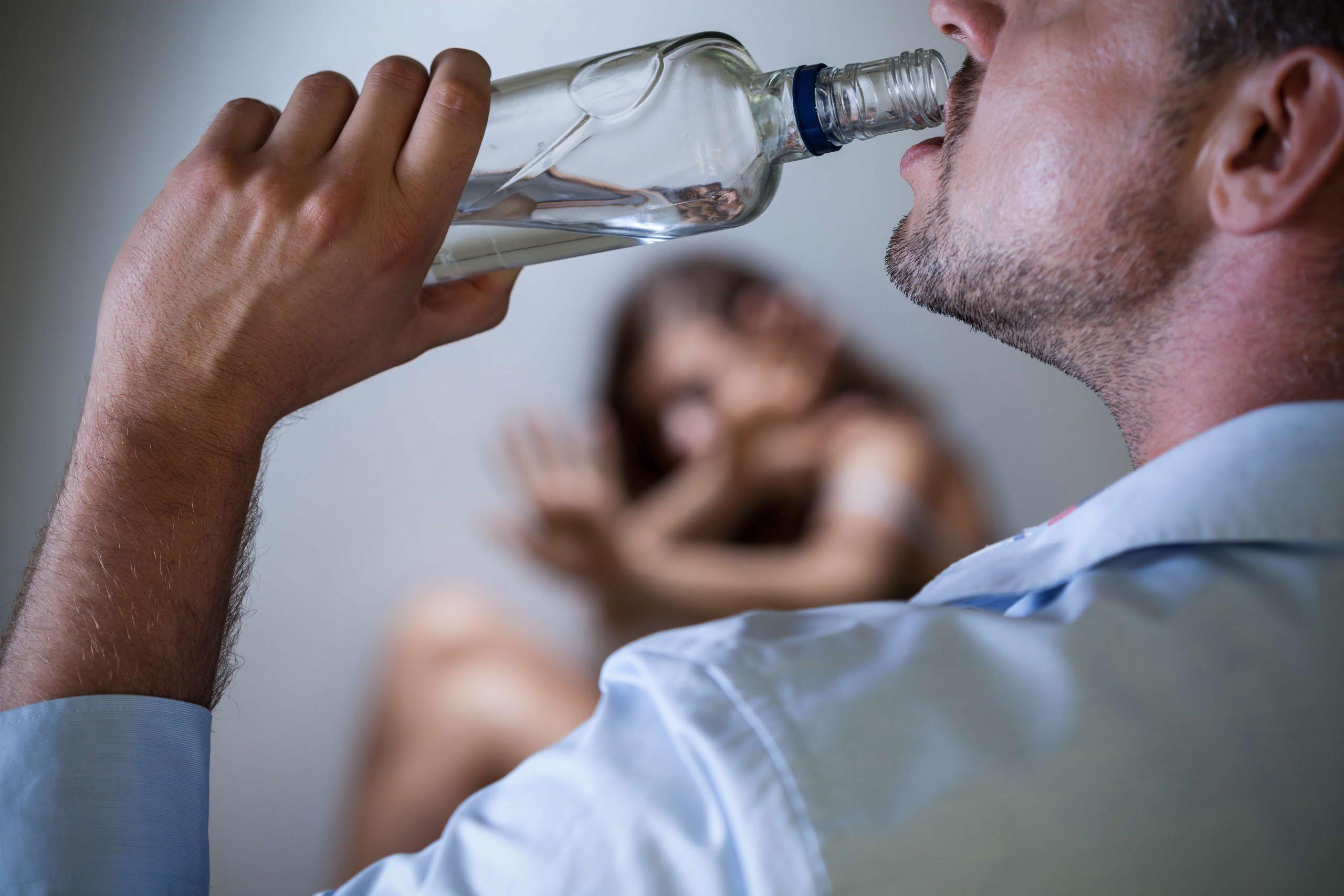The 3 Stages of Sobriety and How to Get Through Them Sobriety & Grey Area Drinking Coach, Speaker
Alcohol withdrawal symptoms generally begin within 12–24 hours after your last drink. They will initially be milder, with a headache, tremors and mild anxiety being the first symptoms. While mild at first, they will begin to intensify as withdrawal progresses. Mixing stress-relief tricks and a robust backup squad helps folks bounce back better and stick to their pledge of sobriety. By sticking Halfway house to these plans, you’re better equipped to face the tough parts of kicking addiction.
Stage one: 6-12 hours after alcohol withdrawal
Recovery from addiction is not a one-time event—it is a lifelong process that requires commitment, support, and professional treatment. Every stage, from denial and contemplation to active treatment and long-term maintenance, presents unique challenges and opportunities for growth. Instead of going at it alone, take your first steps toward a new life and contact the experts at Ardu Recovery Center today. We offer specialized detox and rehab programs to suit whatever your unique needs may be and to make recovery as comfortable and successful as possible. We are located in stunning Provo, Utah, and have a full range of recovery programs and addiction resources.
- It can also stay on your breath for hours, in saliva for 12 hours, in your urine for hours, and in your hair for up to 90 days.
- Choosing the right rehabilitation program depends on various factors, including the severity of the addiction, personal circumstances, and individual needs.
- Detoxification is a crucial step towards recovery, but it is important to remember that it is only the beginning.
How to address financial challenges caused by addiction
External pressure — from family, the legal system, https://albamozasgomez.es/step-four-prayer-of-alcoholics-anonymous-aa-what/ or health concerns — can either help or hinder progress, depending on how it’s framed. A well-structured treatment plan, peer encouragement, and professional support can help solidify their commitment. The five stages of addiction recovery are precontemplation, contemplation, preparation, action and maintenance.
How PHP Offers More Intensive Support Than Traditional Outpatient Programs

There’s a clear lack of insight into the negative impact of excessive drug or alcohol use and a strong focus on the positive effects they experience from using their drug of choice. Prochaska, DiClemente and Norcross created the stages of change or transtheoretical model in 1983 to help people quit smoking. It was then updated in 1992, when it started being used in clinical settings for a variety of behaviors. By studying various mental health and substance use disorder treatment plans, Prochaska, DiClemente and Norcross noted patterns that occur as people progress through a major behavioral shift. Keep in mind that self-help strategies are helpful tools, but you may need additional help to remain sober long-term. The physical and emotional effects of getting sober vary from person to person.
Recognizing the Need for Change
Some may view it as an event that happens when the individual stops using alcohol or drugs. For others, sobriety consists of an ongoing process that may have even begun before the individual actually quits their addiction. Other individuals may view recovery as equivalent as serving a prison sentence – where their perspectives become negative about it. These individuals are deprived of their favorite crutch and the most optimistic thing they can do is to count the days. For other people, sobriety is equivalent to freedom and the chance to completely rebuild their lives.
This stage is marked by ambivalence, but it’s also a critical sign of awareness. But long-term abuse increases the likelihood of permanent kidney damage and failure. Getting help for alcoholism is important to protect long-term kidney health. Relapse is a common experience, so if you fall off the wagon, don’t beat yourself up.
What If Relapse Happens?
And, for the new technology of prescription digital therapeutics to be used, doctors and other specialized healthcare workers be there to administer this new form of medical treatment. At this stage of TTM, you are finally ready to take action and do what you need to do to change your life. At this stage, you are researching the subject and looking for the best way to move forward. Or, you could try an alternative solution, such as the Sinclair Method.

Setting Achievable Goals
Site information is not to be replaced with or considered professional medical advice. He has published articles in the fields of toxicology and biomedicine, crafted articles for WebMD, and lectured to his peers on medication-assisted treatment. Dr. Carlton was a medical director of Community Bridges and medically supervised the medical detoxification of over 30,000 chemically dependent patients annually. He earned a bachelor’s degree in Mechanical Engineering and returned for his MD from the College of Medicine at the University of Arizona in 1990. He completed his dual residency in Internal Medicine and Pediatrics and his Fellowship in Toxicology at Good Samaritan Regional Medical Center and Phoenix Children’s Hospital.

- Such holistic approaches recognize that addiction is not solely a physical dependency but also intertwined with emotional and social factors.
- In the maintenance stage, the focus may shift towards relapse prevention, addressing co-occurring mental health issues, and building a sustainable sober lifestyle.
- So, it’s extra helpful to have a support network available to you when you need it.
- If you are eating well and taking care of your health otherwise, your body will be well on the way to repairing the damage that has been done by problem drinking.
Call us today to find out how we can help you overcome your alcohol addiction and hold your hand every step of the way as you detox from alcohol. Recognizing the complex nature of addiction can empower individuals and their support networks to navigate this path successfully. This guide outlines five fundamental steps to help you get clean and sober, emphasizing practical strategies, support systems, and long-term maintenance. Recovering from alcohol addiction is a step-by-step process, not an overnight change.
For example, the pre-contemplation stage may involve denial or resistance to change, requiring gentle self-reflection or outside intervention to spark motivation. The contemplation stage often brings internal conflict—weighing the pros and cons of sobriety—which may benefit from therapy or peer discussions to build resolve. The maintenance stage, while often seen as a period of stability, brings its own tests—complacency, lingering cravings, and the slow-burning challenge of staying committed over months and years. Identify the triggers, refine your plan, stages of getting sober and focus on improving your coping skills. Instead of seeing lapses as failures, treat them as opportunities to grow and adjust. Visit SAMHSA’s treatment locator to find accredited care near you, or connect with Texas Health’s Addiction Recovery Center for a personalized, compassionate, and confidential assessment.
Responses